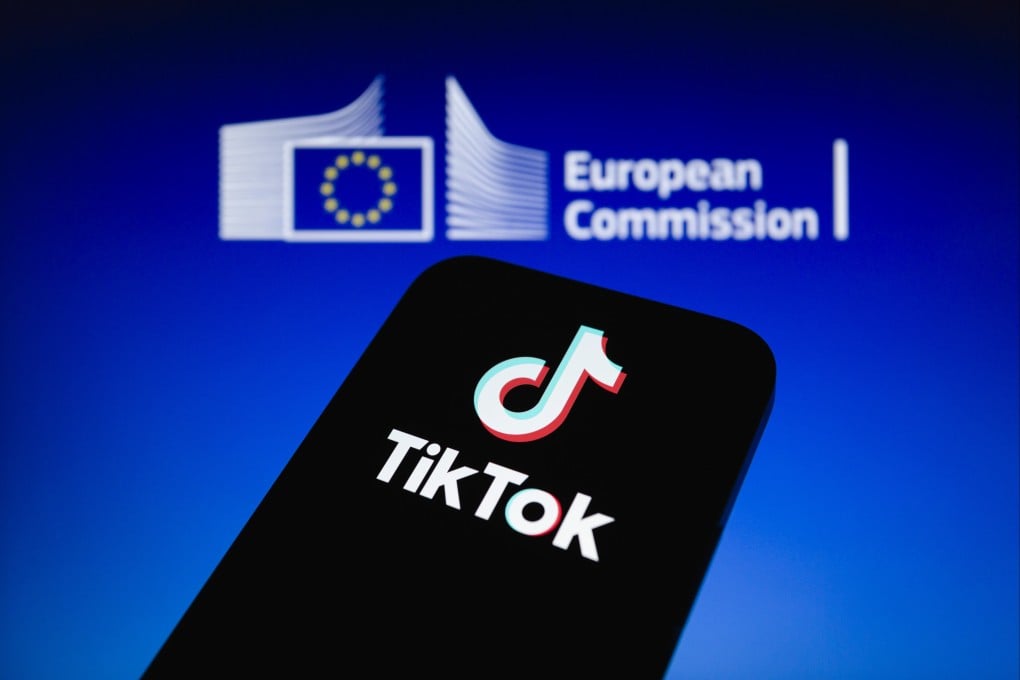TikTok calls EU ban ‘un-European’ as it faces an increasing trend to remove the app from government devices
- TikTok was caught off guard by an order from the European Commission to restrict the use of the short-video app on government devices
- The commission said there is no ‘immediate threat’ to officials but the EU is monitoring the situation as it is ‘under an increased cybersecurity threat’

TikTok was caught completely off guard when the European Union’s executive arm told staff to delete the video-sharing app from phones on Thursday.
Theo Bertram, TikTok’s vice-president of European public policy, told Bloomberg that TikTok’s executives found out via media reports. The European Commission department that issued the suspension never reached out to the company about any concerns.
“We’ve never talked to them. They’ve never asked us for any input, so it’s a surprise,” Bertram said. “Normally we would expect some engagement and then some ability to understand what the case is against us, what the evidence is, to address that. And, in this instance, we haven’t had any of that.”
The ban was part of a growing movement to restrict TikTok on government devices, spurred by concern about cybersecurity risks and the company’s ties to the Chinese government. The US Congress also has barred the app from government devices, and some officials there have called for a broader ban of TikTok, whose parent company is China’s ByteDance.
TikTok chief executive Shou Zi Chew was in Brussels last month visiting a number of European commissioners, some of whom raised concerns about data protection. That followed a December scandal in which TikTok employees accessed user data.
Bertram said these officials stressed that TikTok is able to do business in Europe as long as the company follows the EU’s rules spanning everything from data protection to content moderation.
“They never gave us any impression that this was something that was being considered,” Bertram said. “Not to be told what the process is, it feels un-European.”
The commission’s internal information technology department sent an email to employees on Thursday morning telling them to delete the app from official phones and devices by March 15. Bertram said the company wants the opportunity to find out what the commission’s concerns are before that deadline, to explain how they are safeguarding Europeans’ data and to find out how the suspension could be lifted.